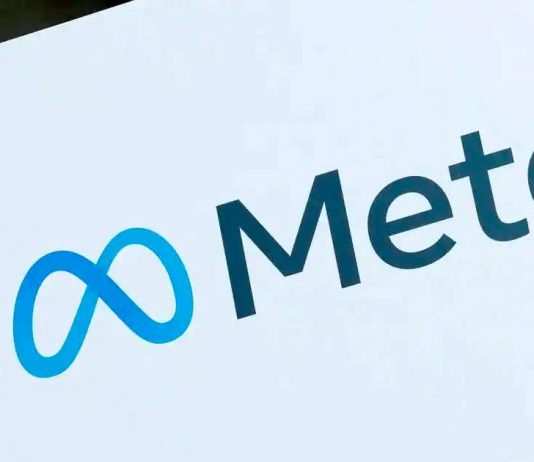According to the US Federal Trade Commission (FTC), Meta, formerly known as Facebook, has regularly violated privacy standards, especially those related to children’s data.
The commission has proposed new restrictions, including a ban on monetizing children’s data. The FTC’s proposed sanctions as part of its 2020 order update also include a ban on Meta launching new products, services, or features unless an assessor confirms Meta’s full compliance with its obligations. Meta must also obtain explicit consent from users before adopting facial recognition technology.
The FTC has issued its latest 20-year privacy order as part of the $5 billion settlement Meta struck with the agency over the Cambridge Analytica scandal. The FTC has accused Meta of breaching its 2012 order on user data privacy and violating the Children’s Online Privacy Protection Act (COPPA).
Meta allegedly misled parents about how much control they had over who their kids could communicate with through the Messenger Kids app. The FTC stated that from 2017 to mid-2019, children could chat with unauthorized contacts through the app, violating the 2012 order and COPPA. In addition, Meta did not allow third-party developers access to user data in 2018, even though it had promised to revoke access to information if users did not access the app within 90 days. Meta continued to provide access to user data until some point in 2020, the FTC claimed.
The FTC’s evaluators appointed to verify Meta’s compliance with the 2020 directive found several flaws in the company’s privacy program. “The breadth and severity of these flaws pose a substantial risk to the public,” the FTC said in its Order to Show Cause. Meta has called the FTC’s move a “political stunt” and is gearing up for a legal battle.
In a statement, FTC Consumer Protection Director Samuel Levine said that Facebook has repeatedly broken its privacy promises and that its recklessness puts young users at risk. The FTC is strengthening aspects of the 2020 directive to apply to companies that Meta acquires or merges with.
The battle between Meta and the FTC will likely continue, and the conclusion remains to be known. On the other hand, the FTC sends a clear message to other tech companies that data privacy infractions, particularly those involving children, will not be allowed.


